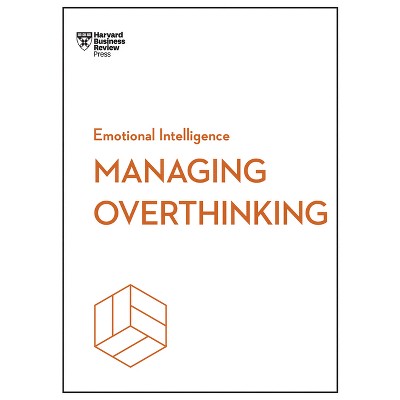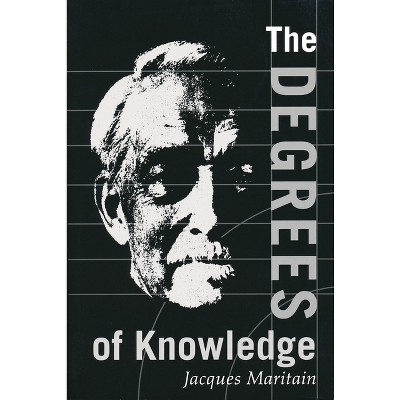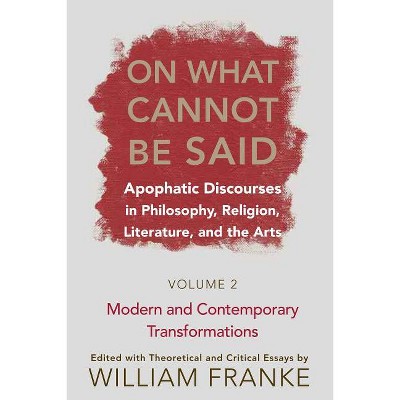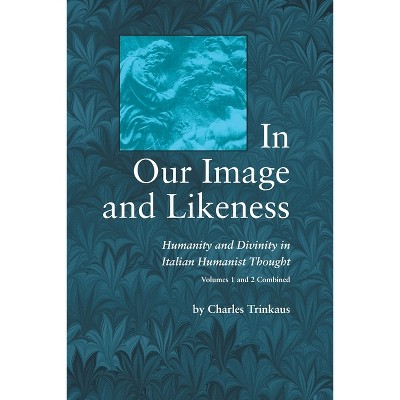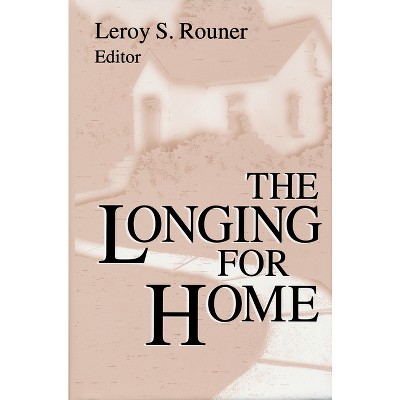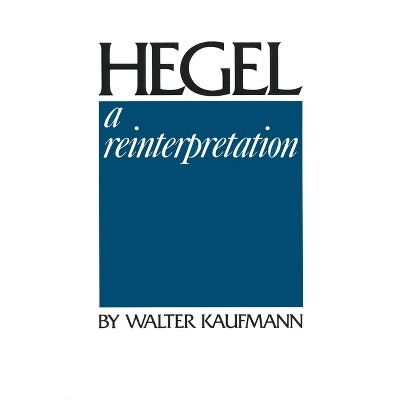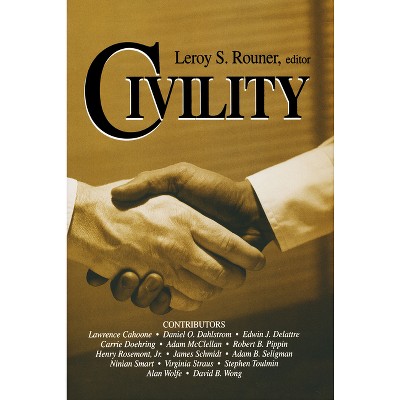Sponsored

Jung's Four and Some Philosophers - by Thomas M King (Paperback)
In Stock
Sponsored
About this item
Highlights
- Thomas M. King, S.J. uses Jungian/Myers-Briggs typology to understand the different starting points of twelve philosophers, then uses Jungian patterns of "integration" to show similarities in their development.Jung's Four and Some Philosophers provides a context in which to understand the widely differing claims of philosophers.
- About the Author: Thomas M. King, S.J. (d.2009) was Professor of Theology at Georgetown University and author of several books, including Enchantments: Religion and the Power of the Word (1989) and Merton: Mystic at the Center of America (1992).
- 344 Pages
- Philosophy, History & Surveys
Description
Book Synopsis
Thomas M. King, S.J. uses Jungian/Myers-Briggs typology to understand the different starting points of twelve philosophers, then uses Jungian patterns of "integration" to show similarities in their development.
Jung's Four and Some Philosophers provides a context in which to understand the widely differing claims of philosophers. The "four" in the title refers to the four faculties that Jung sees occurring in pairs in every psyche: thinking and its opposite, feeling; sensation and its opposite, intuition. One of these four will dominate (among philosophers it will characterize what they find self-evident), while the dominant's opposite is repressed into the mysterious unconscious. Thus, a thinker will repress one's feelings. To achieve wholeness, the philosopher must pass beyond what is known to seek the missing faculty and integrate it with the faculties of consciousness. King demonstrates this with highly documented studies of twelve philosophers: Plato, Locke, Sartre, Augustine, Descartes, Spinoza, Rousseau, Kant, Kierkegaard, Whitehead, Hume, and Teilhard, and a final reflection that considers the philosophic and religious quest.
Review Quotes
"In bringing Jung's typology to bear on the work of some of the most influential philosophers in the Western tradition, Professor King has accomplished a mighty task. In his own words, he demonstrates how philosophy 'includes the soul of the philosopher' and how it 'involves the quest of the soul for salvation.' To show how the religious impulse and the philosophical search for truth are interwoven in the lives of these men, as he does here so insightfully, is a prodigious accomplishment. Students of both philosophy and the psychology of Jung should be illuminated by this book." --Cornelia Dimmitt, Jungian analyst
"King has the interesting idea of applying Jung's typology to the study of some philosophers. . . . He shows Locke to be so predominantly a Sensation type that he found difficulty in seeing any relation between discrete particulars, or allowing general ideas into his philosophical scheme. This is a fruitful and novel exploration of the ways philosophers think." --Anthony Storr, FRCPPsych., Oxford, author of C. G. Jung. editor of The Essential Jung.
"This is a remarkably rich book. I only wish that while studying philosophy in graduate school and in the years that followed I had the guidance and sophisticated learning that Professor King provides. With his assistance my understanding would have been much deeper and more comprehensive." --Ewert Cousins, Fordham University, General Editor of World Spirituality: An Encyclopedic History of the Religious Quest
About the Author
Thomas M. King, S.J. (d.2009) was Professor of Theology at Georgetown University and author of several books, including Enchantments: Religion and the Power of the Word (1989) and Merton: Mystic at the Center of America (1992).
Shipping details
Return details
Trending Philosophy


